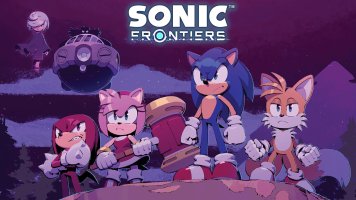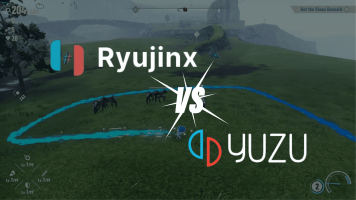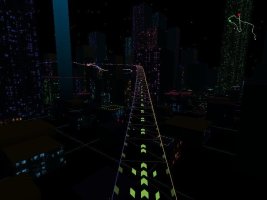I would like to learn some more about the technical workings of a DS flashcard. There are a few resources I am currently chewing through trying to get a general idea of the workings of the nds(i) systems. I'll go over the resources I already have and questions I have, and what my intentions are.
The software side of nds and flashcards is covered pretty well, my current reading list (in no particular order):
Resources I have currently on my reading list for flashcard hardware (also in no particular order):
I'd like to take a very deep dive into this rabbit hole of possibility.
So, my questions for the community here are as follows:
I would like to clarify a few things too, as I have seen some threads on gbatemp with people interested in the same thing.
First, I know such opensource flashcard would get low traction, and not make any money. I know that, and it doesn't bother me. I am fascinated by this technology and if I ever could produce something at home that does the job, that is open source and that I can work with, I'd be immensly happy.
Second, playing commercial / licensed roms is not my intention. It's a major issue in the EU (where I am) - flashcards are generaly banned because they allow running pirated software. If I ever get to frankenstein a card together I would be more than fine with never supporting any commercial rom and only run homebrew. I am aware of the legal grey zone of creating a flashcard.
If anyone here has knowledge on any of my questions, has tips, has resources or reference documents about it... Please share them here! I'd really like to take a very long and deep dive into this and give it a shot.
--
For context: I'm a software engineering student (in my final year currently) looking to switch to a university bachelor of science in engineering technology. My knowledge regarding technology is growing every day and I am really trying to give this a shot.
Thanks to anyone that shows any interest in this at all, I think it's really cool stuff :yaynds:
The software side of nds and flashcards is covered pretty well, my current reading list (in no particular order):
- problemkaputt GBATEK documentation
- GitHub ds-homebrew repositories source code
- GitHub DevkitPro source code & devkit
- Chism LibFat and DLDI
Resources I have currently on my reading list for flashcard hardware (also in no particular order):
- DSBrut Schematics
- LibDSBrut (software but 100% related to the hardware side)
- GBATemp Thread "FlashCards: Which Chip Does Each Flashcard Use?" by c2ironfist
- natrium42's DSerial Edge documentation and libraries (most "complete" from-scratch-to-flashcard documentation I have found so far)
I'd like to take a very deep dive into this rabbit hole of possibility.
So, my questions for the community here are as follows:
- Are there more resources related to either software or hardware that are a must-read when attempting to understand any of this massive mountain of information?
- What are good resources to get going on the integrated-circuit and integrated programming side of things? I have good programming knowledge in some high-level languages (Java, JS, TS, C#, ...) and am currently learning/fidgetting with C++ using the learncpp site and have played with arduino for quite a while.
- Any resources on PCB design, physical side of things? (PCB and general hardware "design" are completely new to me when it's anything more complex then a breadboard with jumper wires).
- How do you program, test and reiterate with FPGAs and microcontrollers? Say I buy the required parts online and want to try to play with them (FPGA programmer etc) these tiny components obviously don't fit on a regular breadboard (and that wouldn't fit into a ds anyway) - how to do you go about testing it, making it, debugging it, reworking it...
I would like to clarify a few things too, as I have seen some threads on gbatemp with people interested in the same thing.
First, I know such opensource flashcard would get low traction, and not make any money. I know that, and it doesn't bother me. I am fascinated by this technology and if I ever could produce something at home that does the job, that is open source and that I can work with, I'd be immensly happy.
Second, playing commercial / licensed roms is not my intention. It's a major issue in the EU (where I am) - flashcards are generaly banned because they allow running pirated software. If I ever get to frankenstein a card together I would be more than fine with never supporting any commercial rom and only run homebrew. I am aware of the legal grey zone of creating a flashcard.
If anyone here has knowledge on any of my questions, has tips, has resources or reference documents about it... Please share them here! I'd really like to take a very long and deep dive into this and give it a shot.
--
For context: I'm a software engineering student (in my final year currently) looking to switch to a university bachelor of science in engineering technology. My knowledge regarding technology is growing every day and I am really trying to give this a shot.
Thanks to anyone that shows any interest in this at all, I think it's really cool stuff :yaynds:






